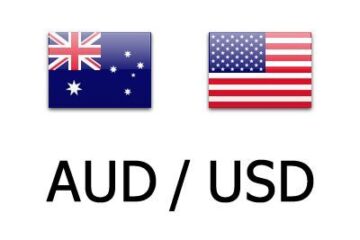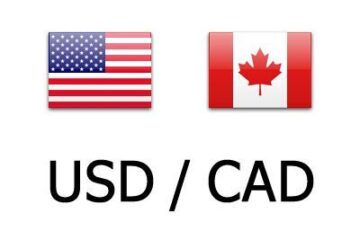The podcast host didn’t apologize, but pledged to do more research in the future.
After a no-good, very bad week for Spotify (SPOT) – Get Spotify Technology SA Report, the streaming service’s CEO Daniel Ek now seems to be in full-on damage control mode.
The company has launched a series of initiatives to combat COVID-19 misinformation, including the creation of a COVID-19 Hub that provides “easy access to data-driven facts, up-to-date information as shared by scientists, physicians, academics and public health authorities around the world, as well as links to trusted sources.”
Any podcast hosted on Spotify that discusses COVID-19 will now have a content advisory linking to this information hub.
Spotify Clarifies Its House Rules
In his statement, Ek also made Spotify’s long-standing internal platform policy document public (after it partially leaked last week) which states that “whether you are a musician, podcaster, or other contributor, it is important to be aware of what is not allowed on our platform.”
In addition to bans on material that could promote self-harm or constitute hate-speech, Spotify has a section related to “content that promotes false or dangerous deceptive medical information that may cause offline harm or poses a direct threat to public health.” This includes, but is not limited to, the following;
asserting that AIDS, COVID-19, cancer or other serious life threatening diseases are a hoax or not realencouraging the consumption of bleach products to cure various illnesses and diseasespromoting or suggesting that vaccines approved by local health authorities are designed to cause death encouraging people to purposely get infected with COVID-19 in order to build immunity to it (e.g. promoting or hosting “coronavirus parties”)
Later in the document, Spotify clarifies that “breaking the rules may result in the violative content being removed from Spotify. Repeated or egregious violations may result in accounts being suspended and/or terminated.”
Spotify Under Fire
In his statement, Ek acknowledged, to an extent, the firestorm the company currently finds itself in.
“You’ve had a lot of questions over the last few days about our platform policies and the lines we have drawn between what is acceptable and what is not,” Ek wrote. “We have had rules in place for many years but admittedly, we haven’t been transparent around the policies that guide our content more broadly. This, in turn, led to questions around their application to serious issues including COVID-19.”
What Ek didn’t mention is why he had to take this step. Last week, rock ‘n’ roll legend Neil Young requested that his music be taken off of Spotify, in protest of COVID-19 misinformation spread on “The Joe Rogan Experience,” a very popular podcast that the streaming service reportedly paid $100 million dollars for the exclusive rights to. (Ek didn’t mention Rogan by name in his post.)
In December, Rogan interviewed with Robert Malone, a scientist and mRNA vaccine skeptic who stated on the show “the science is settled. They’re not working.” (Again, scientists have repeatedly pointed out that this is incorrect.)
Spotify declined to remove Rogan’s podcast, so Young followed through with his plans to have his music taken off. Over the weekend his fellow rock legend Joni Mitchell (like Young, also a survivor of childhood polio, a disease which has been eradicated due to vaccines) had her music removed in solidarity, as did songwriter and E Street Band member Nils Lofgren, and the alternative rock group Belly changed its profile image to “DELETE SPOTIFY” and mentioned it was figuring out how to get its music off the platform.
Is this move an attempt by Spotify to stop more artists from exiting its platform? It’s quite possible. Content moderation, and deciding what is and what isn’t appropriate is an going issue of concern for social media companies such as YouTube (GOOGL) – Get Alphabet Inc. Class A Report and Facebook (MVRS) – Get Meta Report, which have both struggled to keep harmful material of their platforms.
With YouTube, the company has moderators review videos, and it estimated that it has removed more than 83 million videos that violate its safety policies in the past several years. Facebook is frequently criticized for not giving its moderation team the required resources to do its job properly, and is slow to ban white supremacists from the platform.
Rogan Is Sorry That You’re Mad
In a 10-minute plus Instagram video, Rogan didn’t exactly apologize, but stated that “I’m very sorry that they feel that way. I most certainly don’t want that. I’m a Neil Young fan.” He indicated that he do more research in the future to “balance things out.”
He also said he’s “fine” with Spotify putting a disclaimer on episodes that pertain to COVID-19 and guests whose “opinions…are contrary to the opinions of the consensus of experts,” and that he’s open to the idea of speaking with “more experts, with differing opinions, right after I have the controversial ones.”


